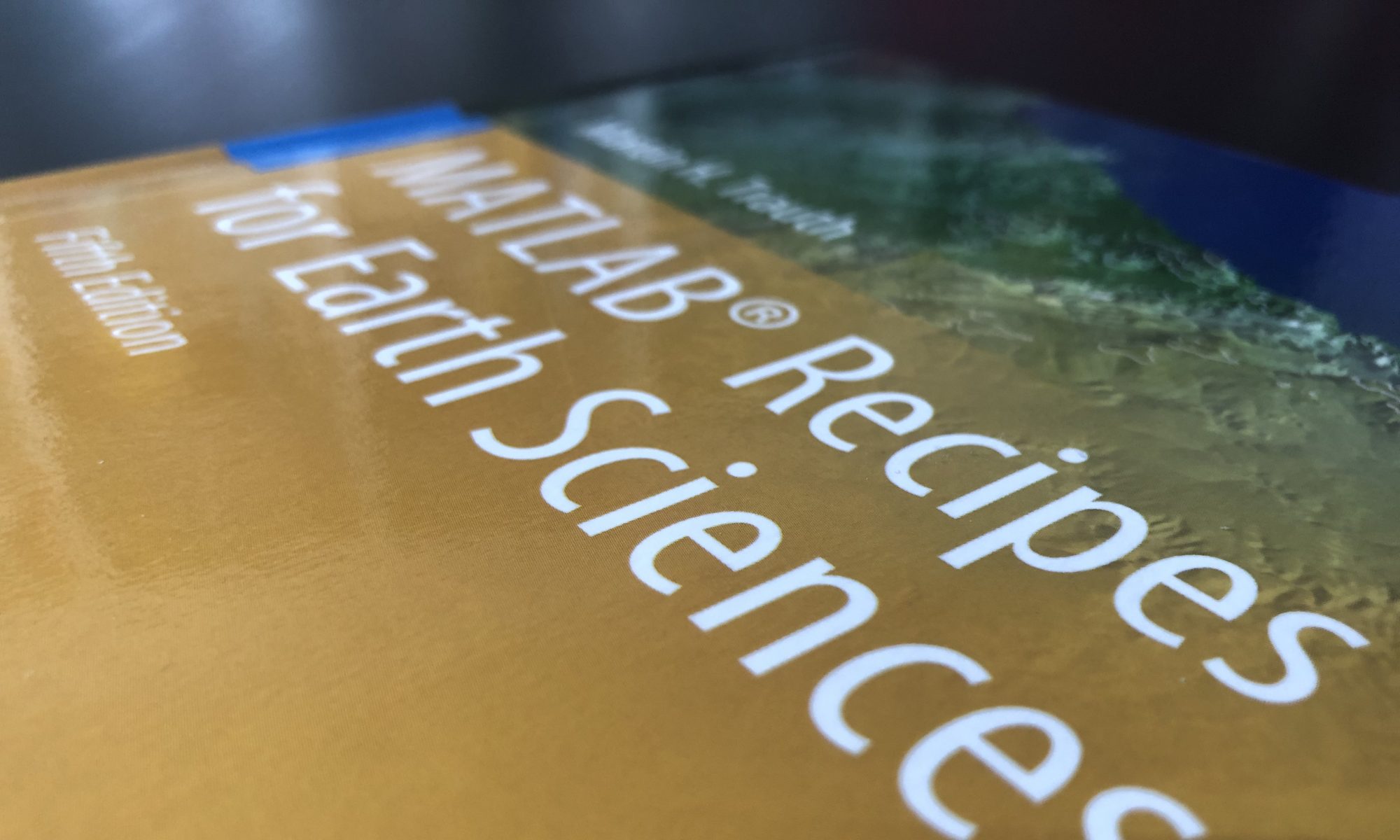The Volkswagen Foundation is funding our 5th summer school on “Trends, Rhythms and Events in the Earth’s Climate System – Past, Present and Future” in 2021. After summer schools in Africa and Europe, this one will be taught entirely online.
We will teach a series of two consecutive online summer schools on climate time series analysis, aimed at 25 doctoral students from geosciences and environmental-science related fields of biology, chemistry and physics.
These interdisciplinary summer schools are designed for doctoral students, aiming (1) to improve their skills to understand the complex interaction of the processes in the Earth’s climate system, (2) to acquire knowledge in state-of-the-art methods of climate time series analysis, (3) to interpret the results of their analysis of past, present and future climate change, including the associated uncertainties, as well as (4) to identify, predict and communicate the impacts of natural and human-caused climate change in an interdisciplinary and intercultural environment.
The two summer schools each comprise three modules with each module covering a week. The first set of Modules 1–3 will focus on the dynamics of the Earth’s climate system, the fundamentals of climate time series analysis and the consideration of uncertainties in climate data. The second set of Modules 4–6 will be about advanced methods of climate time series analysis as well as the impacts of climate change. The cross-thematic Modules 7+8 are about visible traces and effects of climate change as observed in the field and about communicating climate change to non-experts such as decision makers and the public.
Applicants are required to hold an M.Sc. degree (or equivalent) and to be currently participating in a doctoral program at an internationally recognised university. Before the start of the summer school, students should familiarize themselves with the programming languages MATLAB (e.g. via the free ~2–2.5 hour MATLAB Onramp) and Python (e.g. a selection of introductory online tutorials can be found on Python.com) and should prove this with a certificate.
Applications should include a covering letter, a single-page statement of the applicant’s motivation for participating in the summer school, a letter of recommendation from the applicant’s supervisor, along with a CV and a copy of the master’s degree. Please send your full application, as a single PDF file, by email to apl. Prof. Dr. Martin H. Trauth (trauth@uni-potsdam.de) before 1 December 2020.
For more information and how to apply see the summer school flyer and the summer school webpage.


